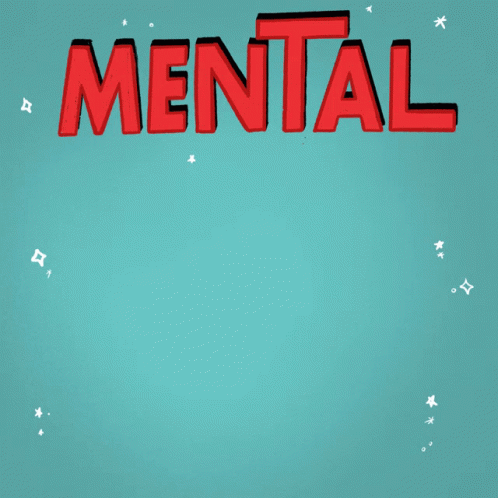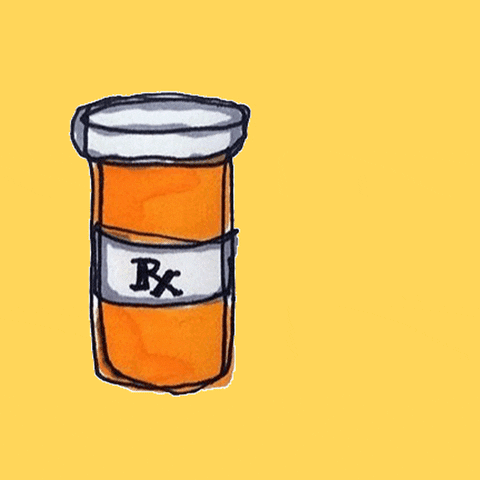
Complex Post Traumatic
Stress Disorder (C-PTSD)
Complex-post-traumatic-stress-disorder
(C-PTSD) is closely related to post-traumatic stress disorder (PTSD).
However, it usually develops due to repeated trauma over months or years rather than a single event.
C-PTSD is still a relatively new condition, so some doctors aren’t aware of it. This can make it hard to get an official diagnosis, and you might be diagnosed with PTSD instead of C-PTSD.
Living with C-PTSD
C-PTSD is a serious mental health condition that can take some time to treat, and for many people, it’s a lifelong condition. However, a combination of therapy and medication can help you manage your symptoms and significantly improve your quality of life.
If starting treatment sounds overwhelming, consider joining a support group — either in person or online, first. Sharing your experience with people in similar situations is often the first step toward recovery.
The symptoms of Complex PTSD resemble those of conventional PTSD, but they are more painful and often dominate the lives of those who experience them.


Sadly for victims of banking and lawyer abuse, impact is exacerbated due to State Authorities acting not only wilfully blindly, but in many cases actively covering up heinous economic crimes and Human Rights torture and abuse. Victims are often forced out on the Street due to systemic failure of the British Government and State Executives.
Complex PTSD is one of the most debilitating mental health disorders, and yet it remains largely unknown and is only now beginning to receive the attention it deserves. A diagnosis for Complex PTSD is just the first step to recovery, and only with intensive, long-term treatment can sufferers expect to overcome their symptoms and have a chance at a normal life.
Complex PTSD produces a range of physical, emotional, and behavioral symptoms that impact daily life in numerous ways. These symptoms can interfere with work performance, parenting, financial management, relationship maintenance, personal care, and interactions with people in a variety of situations.
The physical symptoms of Complex PTSD are typical of anxiety disorders. When sufferers are exposed to triggering events, environments, individuals, or scenarios, they may experience:
These are all signs of the flight-or-fight response, as the body mobilizes itself for quick and decisive action in the face or perceived threats. But in C-PTSD sufferers, these feelings are evoked by vivid memories or flashbacks to previous trauma.


-
Elevated heart rate
-
Feelings of dizziness or lightheadedness
-
Breathing problems, including hyperventilation
-
Heavy sweating
-
Muscle tightness or cramps
-
Chest or stomach pain
-
Shaking or trembling
-
Brain fog, i.e., the inability to think clearly or react quickly
blackbearrehab.com
.jpg)